
Internalised homophobia or cultural cringe?
Australia, in the past, has been home to a self-deprecation complex called ‘cultural cringe’. This manifested as a belief by Australians that our language, movies, TV, books, manufacturing and even sporting performances were inferior to other countries and cultures, particularly the Americans and the Brits.
Some theorise this phenomenon arose from shame in our convict heritage. The term ‘convict stain’ was coined and used in places such as the MCG to prohibit those with convict links, such as
Tom Wills the inventor of Australian Rules football, from staining their organisation with their shame.
In short, cultural cringe means believing one’s own culture is backwards and unsophisticated compared to other cultures.
It is not a light-year leap from cultural cringe to internalised homophobia. Best described as the negative feelings we have about ourselves because of our homosexuality, this form of self-deprecation has much in common with cultural cringe.
The former would have someone thinking Australian stuff (movies, books, sports teams, etc) is crap therefore being Australian is crap and the latter would ruminate that gay is crap therefore
I as a gay person am also crap.
The way internalised homophobia manifests can be in feeling shame, denial, self-hate, treating other gay people badly, or even self-harm. Unsurprisingly, research has linked internalised homophobia to poorer mental and physical health and even higher risk of HIV infection.
With such serious outcomes, addressing this form of self-deprecation can be important for both the individual and the community. Combating internalised homophobia can take two routes.
Firstly, dealing with the internalised part would involve working towards more self-acceptance. This can be done in many formal ways such as counselling, and informal ways such as accessing support groups, social groups or other interest groups for lesbian, gay, bisexual, transgender and intersex (LGBTI) people.
Having exposure to a variety of LGBTI people demonstrates that we are a diverse bunch. You may not like every LGBTI person you meet but the same can be said of any group. Finding people who can be friends, supports, mentors, or role models can help break down the negative opinions and feelings you may be internalising about being LGBTI.
The second avenue for defeating internalised homophobia is being involved in challenging homophobia in the broader community. This is a bigger challenge but there are many community groups and activist organisations you can become involved in.
You could join the Equal Love marriage equality movement or promote the various petitions supporting LGBTI rights here and around the world being produced by activist sites like Get Up!.
The Victorian AIDS Council/Gay Men’s Health Centre can help the acceptance process either via our counselling service http://www.vicaids.asn.au/counselling-services or through meeting other same-sex attracted men in one of our peer education groups http://www.vicaids.asn.au/peer-education-program
By GRANT O’SULLIVAN

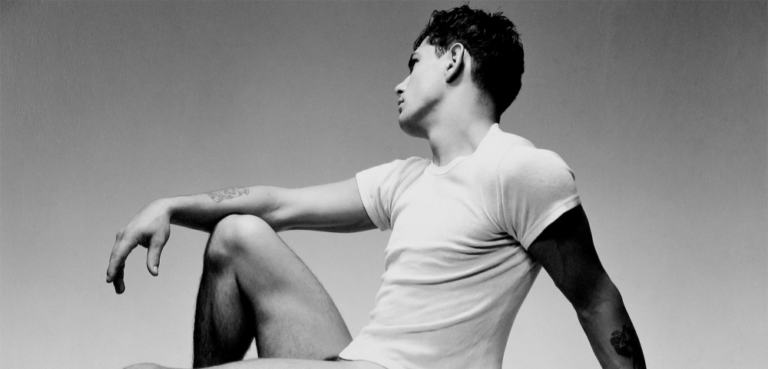
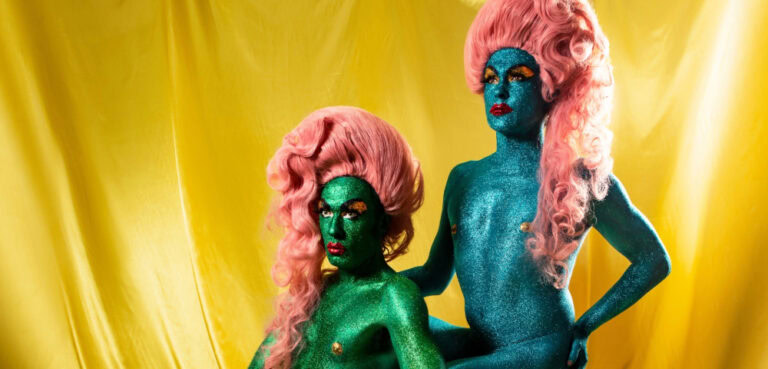
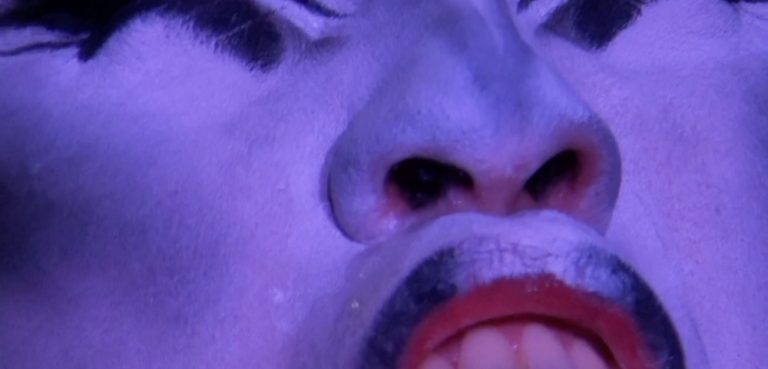

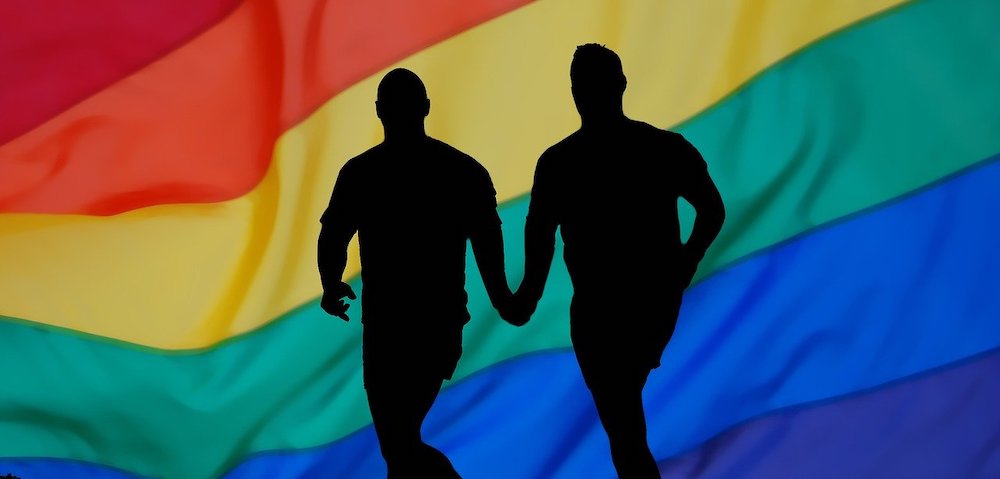
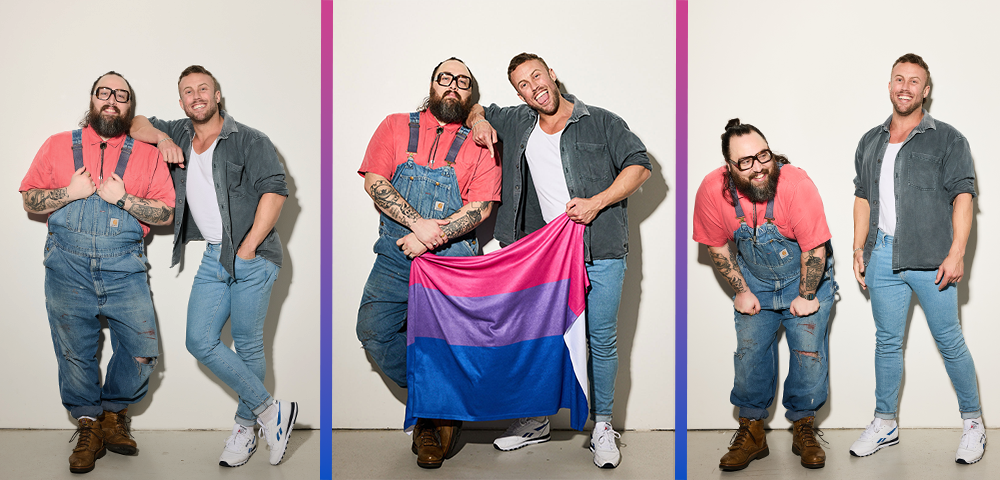
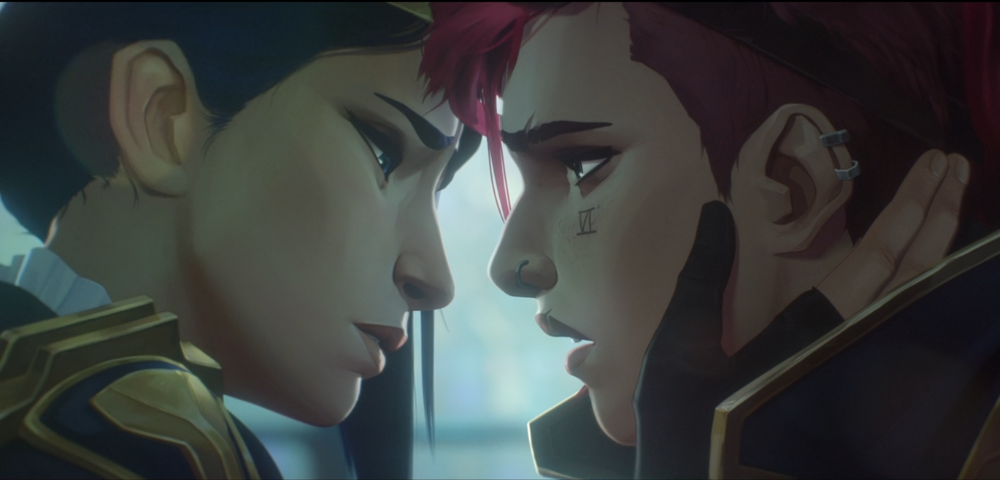
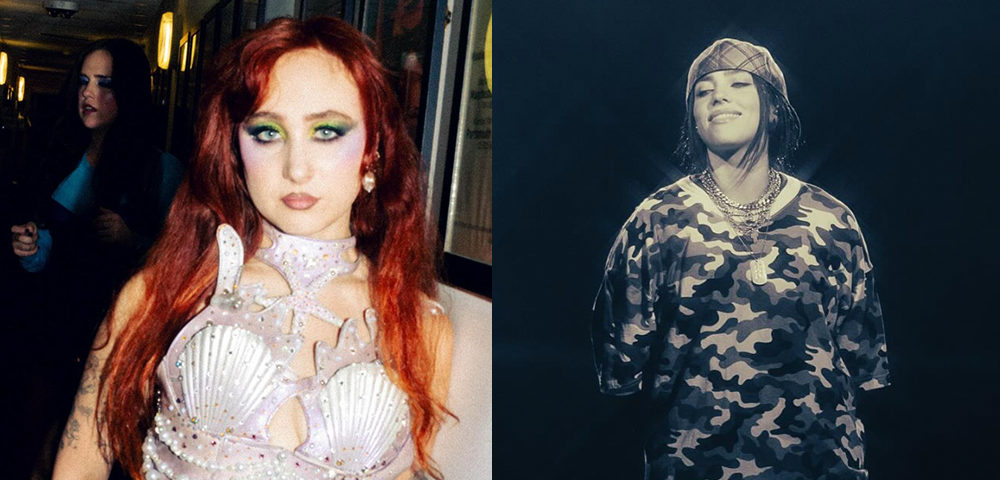
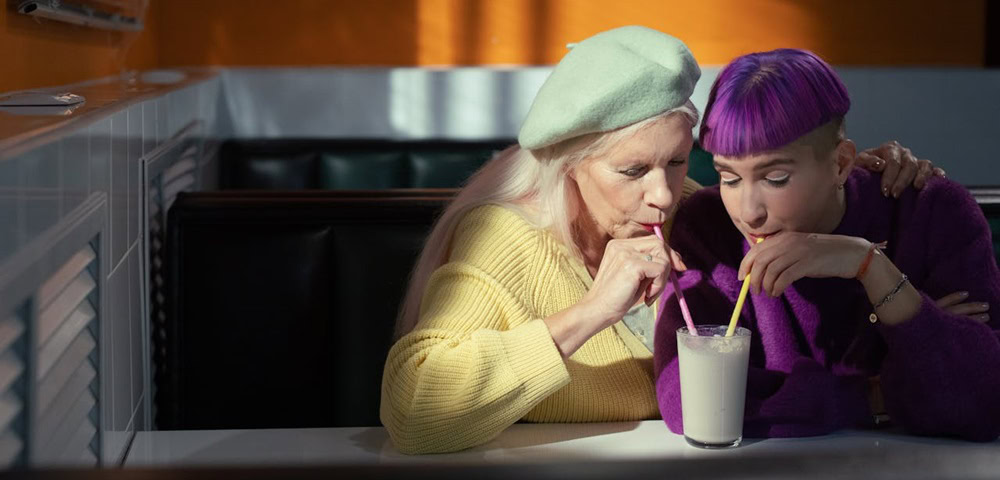
Sometimes people are in denial about this, desperate to convince the straight folk in their life that they’re not like “those other” gay people they’ve heard about/seen on the news: http://bipolarbear.co.nz/2011/11/24/discrimination/
It’s fine, but… to suggest that those with internalised homophobia (which is most of us at some time) “…would ruminate that gay is crap therefore I as a gay person am also crap” doesn’t explore that we don’t exactly wake up in our crib one day and say “I’m gay, I think I’ll hate myself.”
No, most internalised homophobia is the result of hearing so many negative messages from out there that we collect them – so that they impact upon us, even when we’re out of earshot of the negative remarks.
Also touched upon in this article is “horizontal hostility” – the notion that, if we hate ourselves, then we tend to take it out on other gay and lesbian folk, our own kind. How many times do we hear put-downs that sound like “stupid poofter” – out of our own peers’ mouths? A clea r sign that some folk are not feeling that fab about themselves I’d say.
Well done for raising this issue again.
Like!
An excellent article Grant!